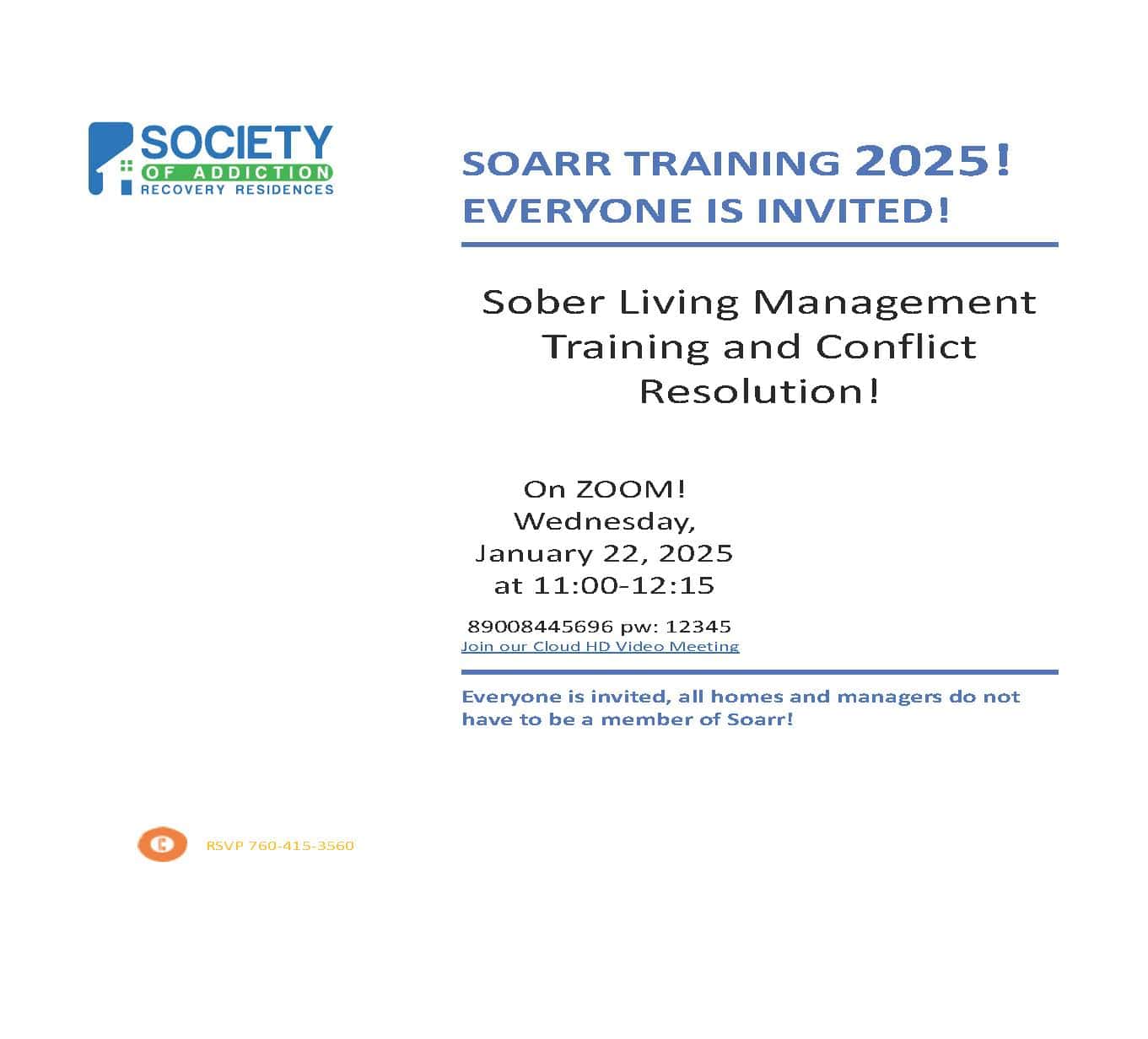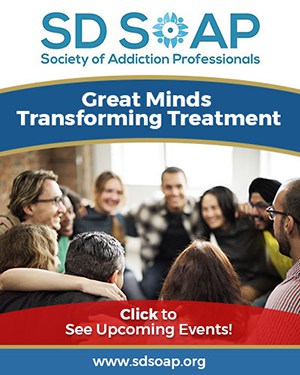Many people who arrive newly sober to housing and other programs have many issues that they are ready to address. For many, family is a challenge they would like to work on. Meaningful relationships often get damaged during addiction. Many people have had close loved ones who tried everything to help them get sober. When it didn’t work, the damage was caused and there was a lot of pain. Addiction is a disease of the family.
Many family members have their traumas and history that need to be addressed. Addiction is a disease that affects everyone around you. Involving family in recovery can help heal relationships and give insight into each other’s feelings. Of course, like all things recovery, these relationships don’t get better overnight; it will take work to rebuild them into healthy and satisfying relationships.
Immediate Family Relationships In Recovery
Some people who come to recovery have roles like being a mother or father. Children who have families with addiction often have their baggage. Involving immediate family members such as a partner or spouse, or children, can be vital to repairing relationships and helping to address the trauma that surrounds addiction. Including them in treatment and therapy is a great way to help families heal and grow together.
Many people also want to have their parents or siblings attend family therapy sessions. Trauma is often intergenerational and has an effect that’s different for each family member. Often some people have unwittingly enabled a person with a substance use disorder. Many hurt feelings can result from the unhealthy patterns created during addiction. Sometimes an addicted person has stolen from or otherwise hurt family members or has lied to and manipulated people. These actions cause harm, and they need to be addressed and forgiven, if appropriate.
Making Amends In Recovery
While making amends for people harmed usually happens later in recovery when a person is working on their steps in their recovery program. However, making amends can be a daily act, too. Staying sober, showing up for family, and otherwise participating in life as a responsible, growing person in recovery can help make amends to the world.
Many people aren’t ready to go straight home after treatment but want to engage in family therapy. This is why so many people choose to try sober living arrangements, where there is both structure and freedom to start living life on its own terms again.
Making amends on a daily basis means keeping your responsibilities in check, learning to handle conflict, staying sober, and trying to be a better person every day.
Learn More About Sober Housing Options
If you or somebody you love is interested in a sober housing option that offers a safe space focused on recovery, we can help. Contact us to learn more about sober housing options in California at 619-828-2001.





